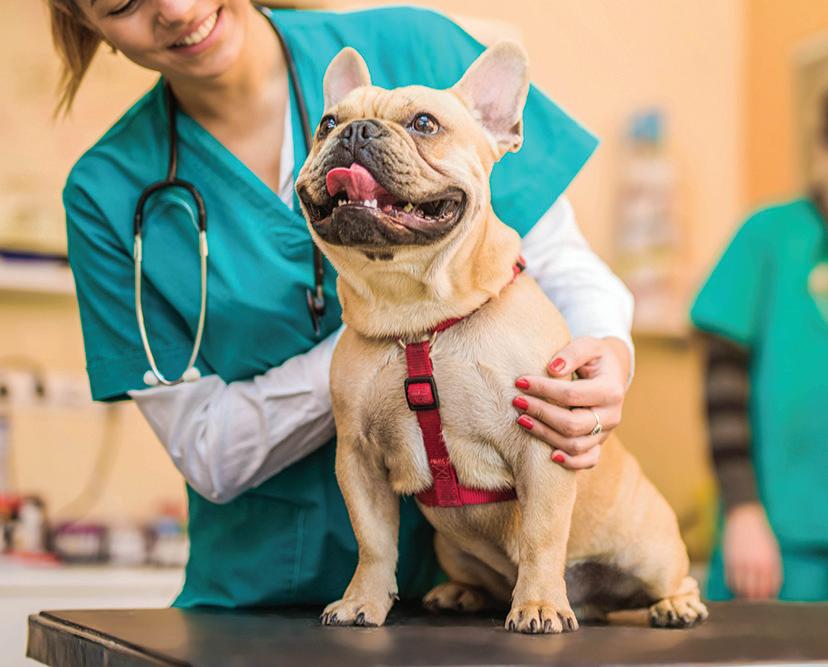
2 minute read
Benefits of spaying, neutering pets
One of the most important aspects of welcoming a pet into a home is to be a responsible pet owner. Responsible pet ownership involves providing for the animal’s physical and emotional needs, making sure to keep the pet out of danger and providing love, affection and training.
Responsible pet ownership also includes a commitment to maintaining a reasonable pet population. Due to unchecked breeding, shelters are bursting at the seams with animals who have been found stray or were turned over by owners who are unable to care for them. The ASPCA says millions of cats and dogs of all ages and breeds are euthanized or suffer as strays every year. These high numbers are the result of unplanned litters.
Advertisement
Neutering, also known as spaying and neutering, can help keep animal numbers in check. American Humane says spaying is a general term used to describe the ovariohysterectomy of a female animal. Neutering is a general term used to describe the castration of a male animal. However, neutering is often used in reference to both genders. Veterinarians perform these surgeries, which often result in the same-day release of pets if there have been no complications.
Many shelters require adoptable animals be neutered before they can be released to a new family. Pet owners can work with veterinarians to determine the best age for sterilization.
There are many great reasons to neuter pets that go beyond reducing overpopulation. • Improves animal health: Spaying can help prevent uterine infections and breast cancer in female pets. Neutering males can prevent testicular cancer. • Reduces unwanted marking/mating behavior: Female pets advertise that they are ready to reproduce by leaving scents (urinating), barking, meowing, and being more agitated during breeding season. Spaying can reduce these inclinations. • Reduces the need to roam: Male animals will travel near or far to find a female. Once on the prowl, the animal runs the risks of injury from altercations with other animals as well as traffic. Such animals also may get lost. • Responsible breeding: American Humane says 25 percent of shelter dogs are purebreds. Responsible purebred breeders have homes lined up before they breed. There’s no need to mate purebreds simply for the sake of continuing the lineage. • Improved behavior: The ASPCA says a male pet might be less likely to mount other pets, people and inanimate objects after he’s neutered. Some aggression problems may be avoided by early neutering as well.
Neutering is a smart choice. After the surgery takes place, give the pet a quiet, safe place to recover and inhibit jumping or running for a few weeks. Also, try to keep him or her from licking the wounds. When the vet gives a clean bill of health, pets can resume living full, happy lives.
Metro Creative Services










